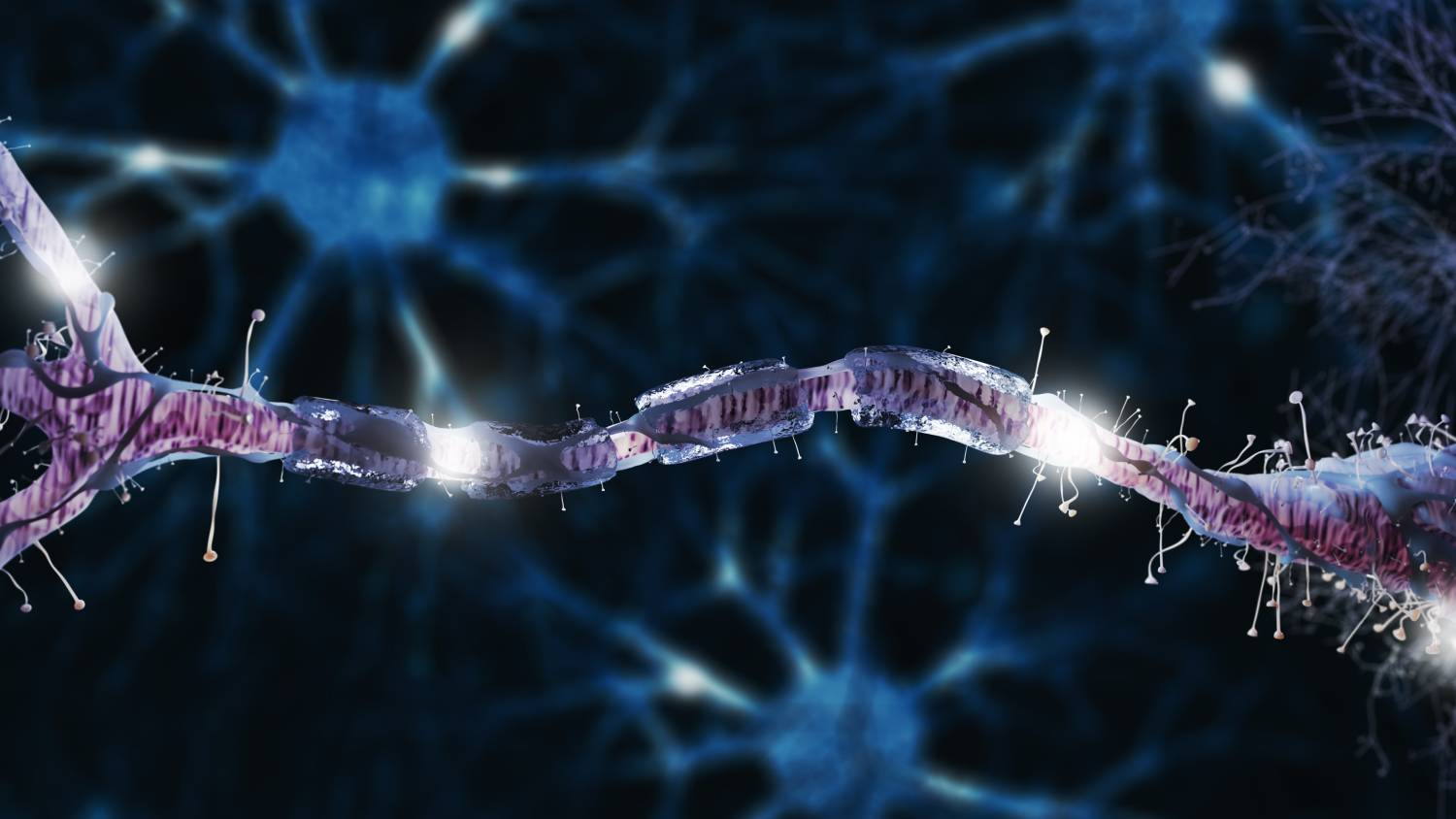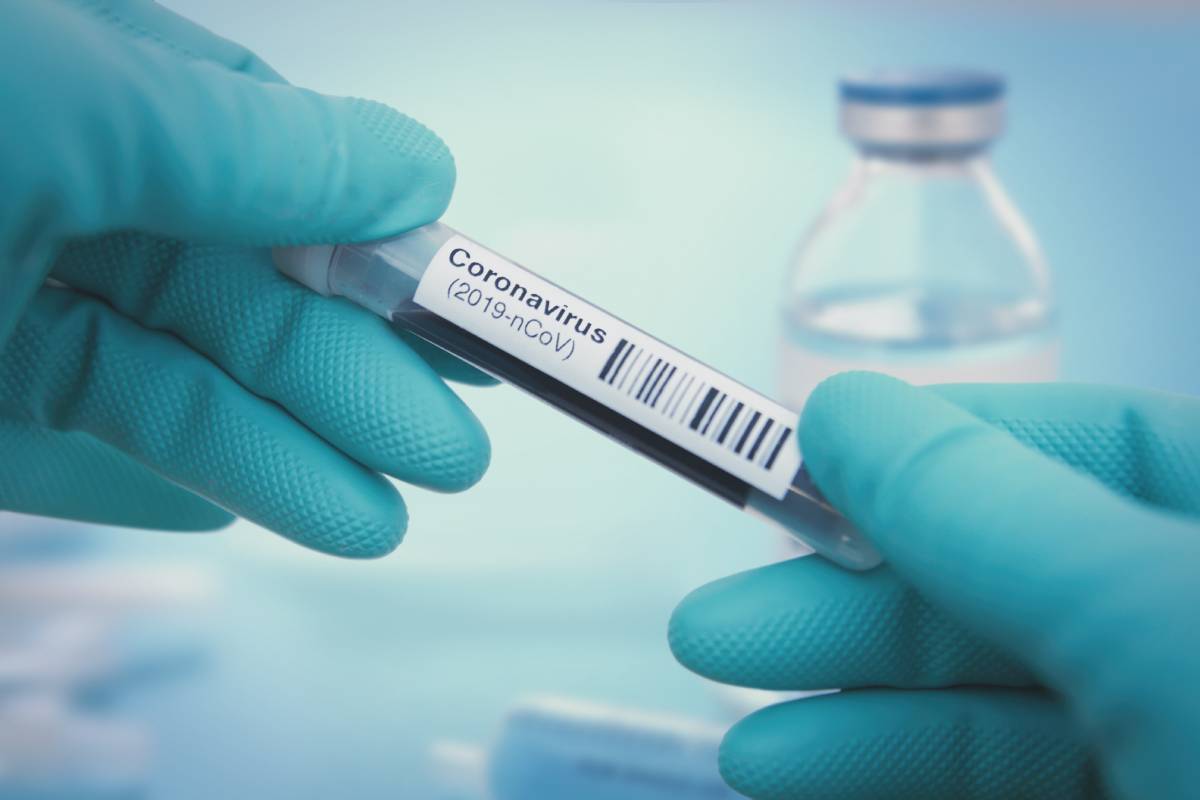
While general anesthesia (GA) can safely and reversibly induce unconsciousness, exposure to GA may, as has grown increasingly evident, give rise to cellular and structural changes throughout the brain and hippocampus, incurring both neurotoxic and neuroprotective effects (1). Some of these effects may be long-lasting and may translate into cognitive and behavioral deficits, given the key role of the hippocampus in memory and cognition, as well as the fact that postnatal hippocampal neurogenesis persists into adulthood (2). As such, the United States Food and Drug Administration issued in 2016 a precautionary communication on GA use in patients under 3 years of age (3).
The effects of GA span a range of intra- and intercellular scales. During a critical period of brain development, midazolam, a pre-anesthetic, not only increases the rate of formation of dendritic spines but also the stability of newly formed spines. These two mechanisms together lead to a sustained increase in dendritic spine densities forming fully functional synapses (4).
In general, general anesthesia may impair neuronal maturation and survival in the hippocampus, as well as neurogenesis. One study found that propofol, which can be used as an induction agent during general anesthesia, impairs the maturation and survival of adult-born hippocampal neurons (4), while another study highlighted a certain age sensitivity of cells to these impacts, as propofol induced a marked decrease in the survival and dendritic maturation of 17-day-old, but not 11-day-old, hippocampal neurons at the time of anesthesia (5). This cell age-dependent vulnerability of neurons to anesthetic toxicity has since been replicated (6). Impaired neurogenesis and cellular function have also been demonstrated to be drug- and sex-specific. One study found that isoflurane, specifically, induced hippocampal cell injury and cognitive impairments in adult rats (7), while another demonstrated that propofol produces short-lived impairments, while midazolam and dexmedetomidine alter cognition after a several-week delay through mechanisms associated with decreased neurogenesis (8). Behaviorally, GA administered to postnatal day 6 (P6) rhesus monkeys was found also to result in increased anxiety and emotional reactivity when they reached 6 months of age; this also impaired hippocampus-related learning tasks in adulthood (9).
At a molecular level, general anesthesia induces neuroinflammation – including in the hippocampus. Specifically, one research study showed the GA-activated canonical nuclear factor-κB pathway to be linked to increased isoflurane-induced hippocampal interleukin-1β levels and resultant cognitive deficits in aged rats (10), while another research team demonstrated hippocampal and extra-hippocampal dysfunction due to neuroinflammation following GA (11). These effects appear anesthetic-specific (12).
A range of additional intracellular effects have also been identified. First, the exposure of P7 rat pups to 6-hour anesthesia has been shown to induce aberrant mitochondrial morphology in neurons and a marked reduction in the number of mitochondrion-containing presynaptic terminals in the hippocampal subiculum (13,14). In addition, hippocampal tau protein phosphorylation has been linked to isoflurane-induced cognitive dysfunction in mice (15). Finally, at a cytoarchitectural level, one study found long-erm effects of single or multiple sevoflurane exposures on rat hippocampal ultrastructure (16).
General anesthesia has ostensibly different impacts on the hippocampus in anesthetic-, brain developmental stage-, and age-specific ways. Clearly, further laboratory work and clinical investigations are warranted to ensure the prevention of any lasting adverse effects on the human brain and hippocampal function in particular.
References
1. Wu L, Zhao H, Weng H, Ma D. Lasting effects of general anesthetics on the brain in the young and elderly: “mixed picture” of neurotoxicity, neuroprotection and cognitive impairment. Vol. 33, Journal of Anesthesia. Springer Tokyo; 2019. p. 321–35.
2. Deng W, Aimone JB, Gage FH. New neurons and new memories: How does adult hippocampal neurogenesis affect learning and memory? Nature Reviews Neuroscience. 2010.
3. FDA. FDA review results in new warnings about using general anesthetics and sedation drugs in young children and pregnant women. US Food Drug Adm Drug Saf Commun. 2016. https://www.fda.gov/drugs/drug-safety-and-availability/fda-drug-safety-communication-fda-review-results-new-warnings-about-using-general-anesthetics-and
4. De Roo M, Klauser P, Briner A, Nikonenko I, Mendez P, Dayer A, et al. Anesthetics rapidly promote synaptogenesis during a critical period of brain development. PLoS One. 2009.
5. Krzisch M, Sultan S, Sandell J, Demeter K, Vutskits L, Toni N. Propofol anesthesia impairs the maturation and survival of adult-born hippocampal neurons. Anesthesiology. 2013 Mar;118(3):602–10.
6. Hofacer RD, Deng M, Ward CG, Joseph B, Hughes EA, Jiang C, et al. Cell age-specific vulnerability of neurons to anesthetic toxicity. Ann Neurol. 2013.
7. Lin D, Zuo Z. Isoflurane induces hippocampal cell injury and cognitive impairments in adult rats. Neuropharmacology. 2011 Dec;61(8):1354–9.
8. Kim JL, Bulthuis NE, Cameron HA. The Effects of Anesthesia on Adult Hippocampal Neurogenesis. Front Neurosci. 2020 Oct 22;14:1090.
9. Raper J, Alvarado MC, Murphy KL, Baxter MG. Multiple anesthetic exposure in infant monkeys alters emotional reactivity to an acute stressor. Anesthesiology. 2015;123(5):1084–92.
10. Li ZQ, Rong XY, Liu YJ, Ni C, Tian XS, Mo N, et al. Activation of the canonical nuclear factor-κB pathway is involved in isoflurane-induced hippocampal interleukin-1β elevation and the resultant cognitive deficits in aged rats. Biochem Biophys Res Commun. 2013 Sep 6;438(4):628–34.
11. Cascella M, Bimonte S. The role of general anesthetics and the mechanisms of hippocampal and extra-hippocampal dysfunctions in the genesis of postoperative cognitive dysfunction. Vol. 12, Neural Regeneration Research. Wolters Kluwer Medknow Publications; 2017. p. 1780–5.
12. Shen X, Dong Y, Xu Z, Wang H, Miao C, Soriano SG, et al. Selective anesthesia-induced neuroinflammation in developing mouse brain and cognitive impairment. Anesthesiology. 2013.
13. Sanchez V, Feinstein SD, Lunardi N, Joksovic PM, Boscolo A, Todorovic SM, et al. General anesthesia causes long-term impairment of mitochondrial morphogenesis and synaptic transmission in developing rat brain. Anesthesiology. 2011.
14. Lunardi N, Ori C, Erisir A, Jevtovic-Todorovic V. General anesthesia causes long-lasting disturbances in the ultrastructural properties of developing synapses in young rats. Neurotox Res. 2010.
15. Li C, Liu S, Xing Y, Tao F. The role of Hippocampal Tau protein phosphorylation in isoflurane-induced cognitive dysfunction in transgenic APP695 Mice. Anesth Analg. 2014.
16. Amrock LG, Starner ML, Murphy KL, Baxter MG. Long-term effects of single or multiple neonatal sevoflurane exposures on rat hippocampal ultrastructure. In: Anesthesiology. Lippincott Williams and Wilkins; 2015. p. 87–95.

